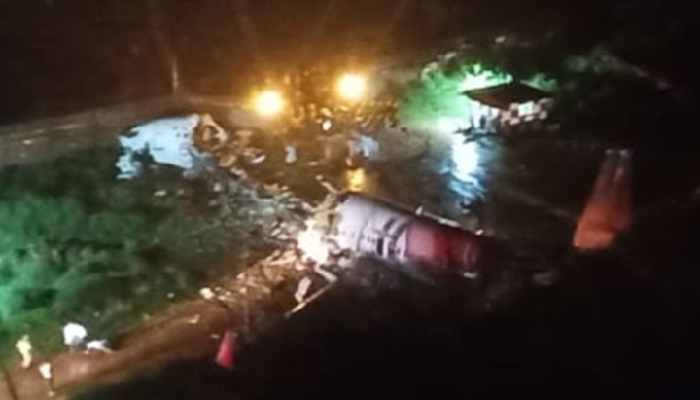New Ddelhi, Jul 31: The government has failed to put in place a simplified tax compliance regime and non-intrusive e-tax system remains elusive even after two years of the Goods and Services Tax's (GST) roll-out, according to official auditor, Comptroller and Auditor General of India (CAG).
"The complexity of return mechanism and the technical glitches resulted in roll back of invoice-matching, rendering the system prone to ITC frauds. Thus, on the whole, the envisaged GST tax compliance system is non-functional," the CAG has said a report tabled in Parliament on Tuesday.
The new indirect tax regime had kicked in July 2017. The transformation tax structure is aimed at reducing tax cascading, ushering in a common market for goods and services and bringing in a simplified, self-regulating and non-intrusive tax compliance regime.
The CAG said that one significant area where the full potential of GST roll out has not been achieved is the roll out of the simplified tax compliance regime.
While it was expected, the auditor said, that compliance would improve as the system would stabilise, all returns being filed showed a declining trend of filing from April 2018 to December 2018.
According to the report, the filing percentage of GSTR-1 returns (monthly returns on outward supplies) were throughout less in comparison to the corresponding filing of GSTR-3B returns (summary self-assessed return). The introduction of GSTR-3B resulted in filing of returns with ITC claims which could not be verified and it appears to have disincentivised filing of even GSTR-1.
"Since filing of GSTR-1 is mandatory, short-filing is an area of concern and needs to be addressed," the CAG noted.
GSTR-3B being only a summary return, short-filing of GSTR-1 implied that the tax departments did not have complete invoice level details as filed by the suppliers, which could be used to verify details given in GSTR-3B or to arrive at turnover.
During the audit, the CAG found that system validations were not aligned to the provisions of the GST Act and as a result, there were some crucial gaps in the registration module. Among various gaps, the system failed to validate and debar ineligible taxpayers from availing Composition Levy Scheme.







Comments
No one can question Modi or Shah bill already passed.
Add new comment